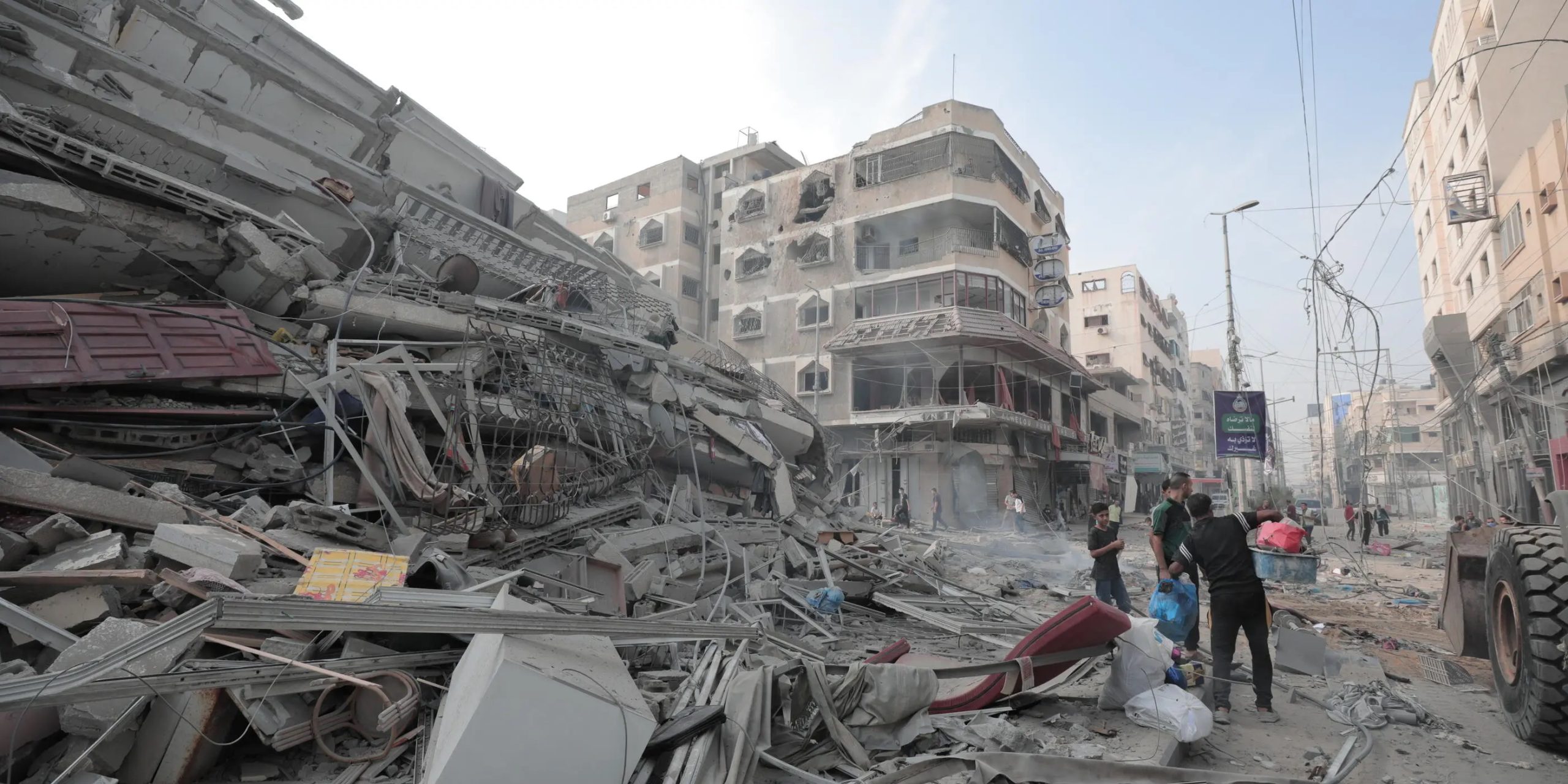In 1998, Hillary Clinton, who had been heavily involved in the Mideast Peace talks during her husband’s administration, called for a Palestinian state. This was before any official U.S. policy dared to suggest it, and I well remember the avalanche of criticism that she fell under.
As first lady she had traveled extensively to the Mideast to meet with Israeli and Palestinian leaders in support of Bill Clinton’s policies on the issue, though she had no official position or authority. The president eventually hosted Israeli and Palestinian leaders at Camp David, Maryland, and in the end that deal also broke down during final-status talks.
Public sentiment to a two-state solution was such that, shortly after she voiced her views on what it would take to end the repeated carnage in the Middle East, Hillary Clinton was widely condemned by Israelis in 1999 when, during a visit to the West Bank, she sat through an anti-Israel speech given by Arafat’s wife, Suha Arafat. Clinton was expected to interrupt and object, but she did not immediately react and later, she was accused of waffling her response. Immediate condemnation was the only response that was acceptable to philo-Israelis.

According to Ned Walker, who was U.S. ambassador to Israel during part of President Clinton’s second term, that was a valuable learning experience for the future secretary of state.
“She was able to manage that and handle it, but was also aware from then on that you had to be careful when dealing with” partisans on either side of the conflict, Walker said.
In 2010, as Secretary of State, Clinton said she believed she was “the first person ever associated with an American administration who called for a Palestinian state as a way to realize the two-state solution.” Yet despite all the previous efforts on the part of Hillary Clinton and other administrations, the two-state solution has repeatedly eluded all the participants and the area is suffering through the worst flareup of bloodshed in Gaza.
It is worth noting that the Israeli leader involved since 1998 has been, and still is, Benjamin Netanyahu.
Today little has changed in the Mideast: Netanyahu is still Prime Minister, a terroristic Hamas took over Gaza in 2005, and the bloodshed continues.
Since October 7, when Hamas launched a surprise attack on several towns in southern Israel, killing more than 1,400 people, and taking more than 200 hostages, the bodies have piled up on both sides; but mostly on the Palestinian side where at least 11,240 have been killed in Gaza, including 4,630 children and 3,130 women. Nearly 1 million Palestinians have been displaced from their homes.
The war has also caused a humanitarian crisis in Gaza, where hospitals, schools, mosques and other civilian buildings have been damaged or destroyed by Israeli strikes. Gaza is facing severe shortages of fuel, water, electricity, food and medical supplies. The UN has warned that its aid operations will be shut down soon unless fuel is allowed into Gaza and there are warnings that the population is in severe peril of starvation. It is a humanitarian crisis the likes of which has rarely been seen in an area that has been, virtually from Biblical times, the cauldron of mutual hatred between warring factions.

Photo Credit: © 2023 UNRWA Photo by Mohammed Hinnawi
But despite the calamity that has befallen the people there is one thing that has changed drastically as a result of October 7: public sentiment.
In October and November 2023, tens of thousands of pro-Palestinian protesters marched in various cities around the world, calling for an end to the Israeli bombing of Gaza and expressing solidarity with the Palestinian people. The demonstrations took place in the US, the UK, Switzerland, Italy, Ireland, Morocco and Bangladesh, among others. The protesters waved Palestinian flags, chanted slogans against Israeli apartheid and occupation, and demanded an immediate ceasefire and respect for human rights.
This massive wave of pro-Palestinian support started on U.S. university campuses where various student groups, such as Students for Justice in Palestine and even Jewish Voice for Peace, called for an end to Israeli airstrikes on Gaza and U.S. financial support for Israel, which they accuse of being an apartheid regime.
Public sentiment is not the only sign that this is no longer 1998, or even 2010, when it was taboo to mention a Palestinian State as a Mideast solution. While roundly condemning Hamas’ violence, in an op-ed published on Saturday in The Washington Post, President Biden wrote that a “two-state solution is the only way to ensure the long-term security of both the Israeli and Palestinian people,” with Gaza and the West Bank governed by the Palestinian Authority.
At the same time, his criticism of Israel’s relentless punishment of Palestinian civilians has become more powerful and unequivocal, “I have been emphatic with Israel’s leaders that extremist violence against Palestinians in the West Bank must stop, and that those committing the violence must be held accountable.”
And as it becomes increasingly clear that Benjamin Netanyahu is the principal obstruction to the creation of a Palestinian State, Biden foresees that his “political days are numbered.” As the most recent poll published shows that only 4% of Israelis trust Netanyahu’s handling of the crisis, Biden may have predicted the end of Netanyahu’s reign.
Will this be the final bloodshed that will bring a lasting peace?












